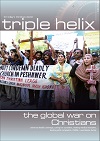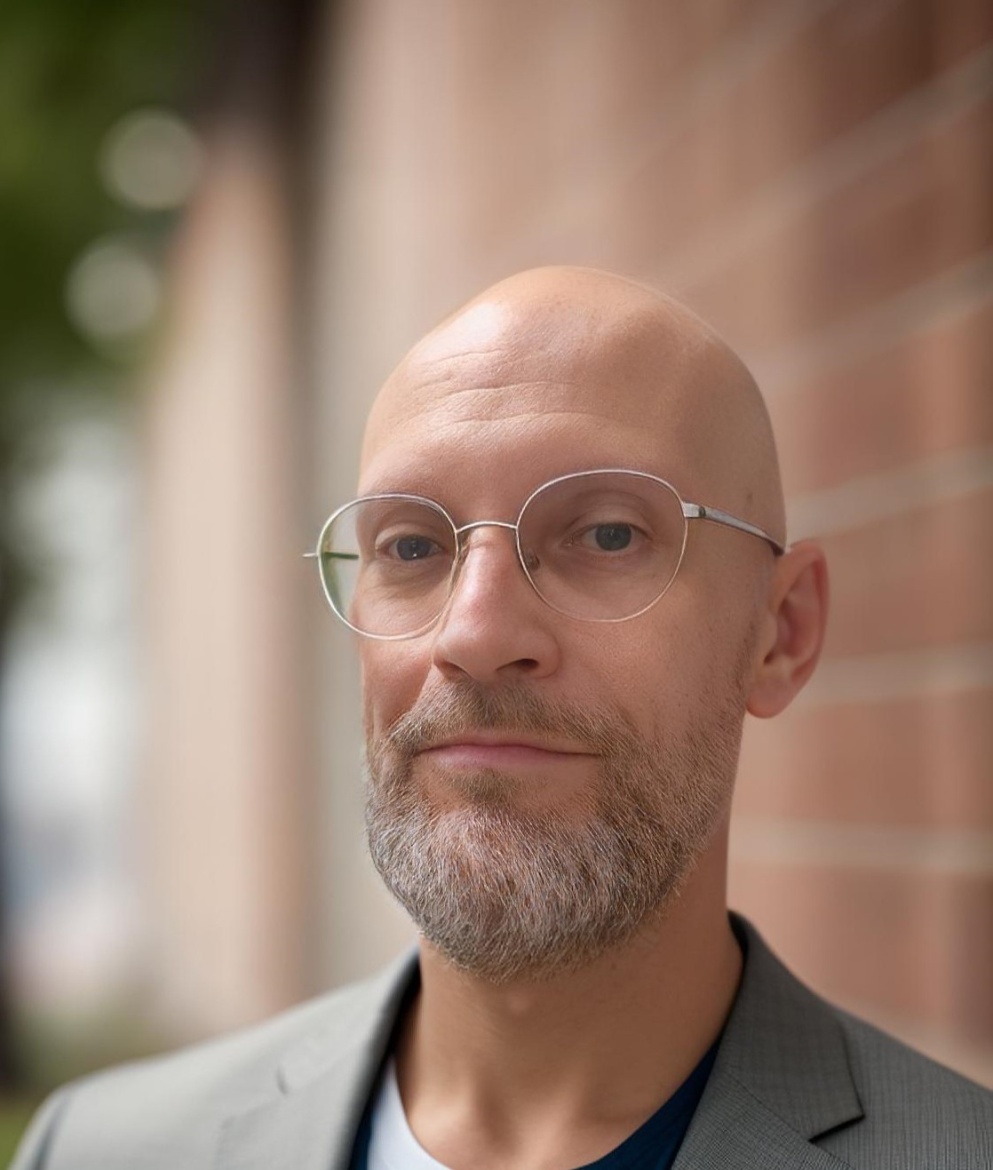Is this the way forward?
As international discussions move forward on the new round of global development goals due to come into effect after 2015, (1) the debate has become increasingly heated over the concept of Universal Health Coverage (UHC). (2) The principle – that everyone should have access to good quality, appropriate healthcare without it causing financial hardship – is hard to disagree with. In the UK we recognise this as a foundational concept behind the National Health Service.
Where is the controversy in that, you might ask? The questions arise over what we actually mean by: 'universal' (is it 100% of the population? If not 100%, who will be effectively excluded?); 'healthcare' (primary or secondary? What standard is acceptable? What is locally necessary, appropriate and realistic?); 'coverage' (what services need to be localised, what centralised? How do we make sure people have access to what they need?). Above all, how will it be paid for? (3)
Is UHC an end in itself, or a means to the end of better health outcomes? Historically social changes and civil engineering have done more to improve health than just setting up hospitals and clinics.
A biblical view of health embraces the social, physical, environmental, political and spiritual dimensions of human existence. Most significant is the relational aspect – how we function together in families and communities, and how we relate to God and the world he created around us. (4) The NHS has not solved our health problems in the UK – and while we would be worse off without it, unless we address lifestyle (smoking, diet, sedentary lifestyles), environment (pollution, housing, sanitation), and social relationships (isolation, exclusion, family breakdown, chronic intergenerational unemployment, etc.) we cannot really expect to see major health improvements and inequalities overcome.
However, the biggest gap in all the thinking coming out of the post-2015 process is the exclusion of any dialogue around faith. (5) It is a purely secular agenda, but for most of the world faith is a central component of people's lives. And faith shapes our health in so many ways that we cannot ignore it. (6) We have a duty to remind the world about this. As Christians, we know that ultimately what shapes our health and wellbeing in all other areas is our relationship with Christ (7) – and this relationship is necessary to be truly healthy in body, mind, society and spirit.
































